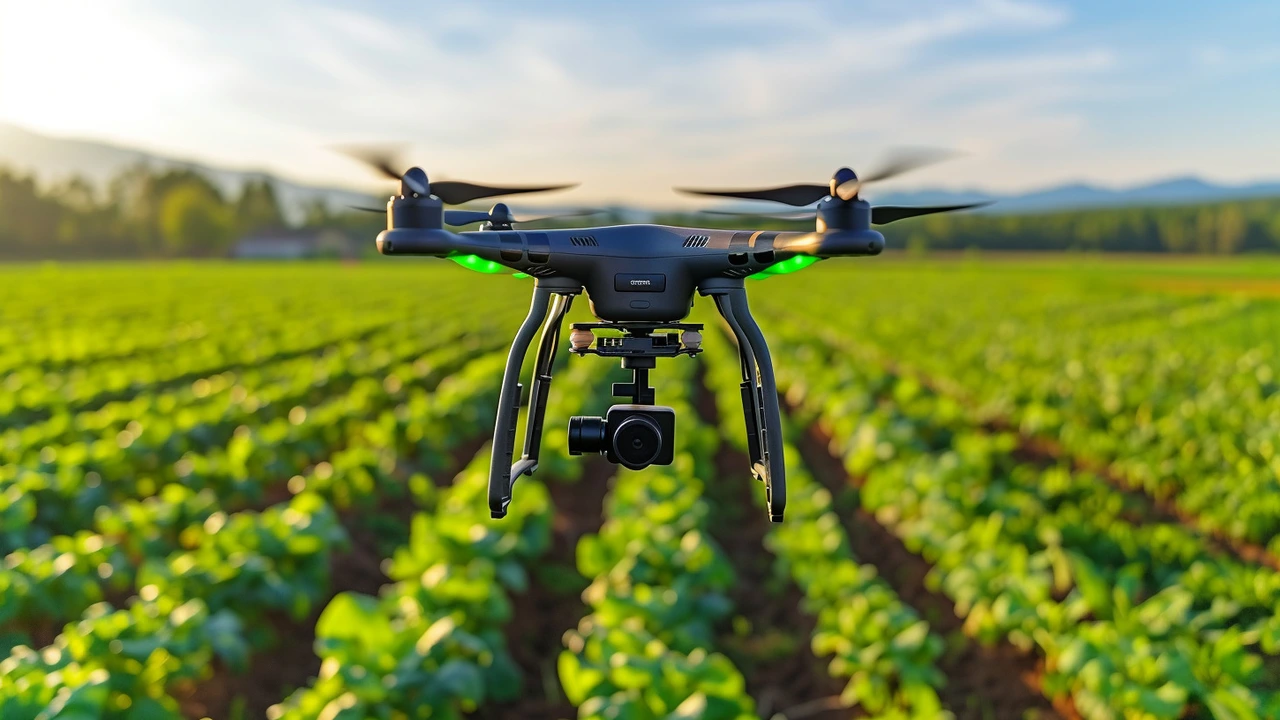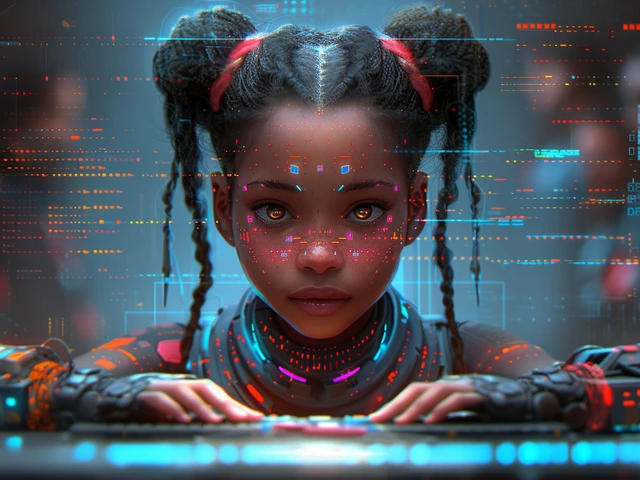Artificial Intelligence vs. Human Intelligence: A Comparative Study

Artificial Intelligence vs. Human Intelligence: A Comparative Study
Understanding Artificial Intelligence
Before we delve into the comparison between artificial intelligence (AI) and human intelligence, it is crucial to understand what AI is. Artificial intelligence refers to the capability of a machine to mimic intelligent human behavior. It is about creating systems that can understand, learn, adapt, and implement knowledge. AI is not confined to a particular field. It is extensively used in various domains such as healthcare, finance, aviation, and many more. Today's AI technologies include machine learning, natural language processing, robotics, and cognitive computing.
Exploring Human Intelligence
Human intelligence, on the other hand, is a multifaceted and complex phenomenon. It is not just about learning and implementing knowledge. Instead, it involves a myriad of aspects such as emotional intelligence, creativity, wisdom, common sense, and intuition. Human intelligence is characterized by the ability to learn from experiences, adapt to new situations, understand and handle abstract concepts, and use knowledge to manipulate the environment.
Comparing Learning Capabilities
When it comes to learning, both artificial and human intelligence exhibit different capabilities. AI learns from vast amounts of data fed into it. The more data it is given, the better it becomes at making predictions or decisions. However, it lacks the ability to understand or interpret information. In contrast, human intelligence learns from experiences. Humans don't just absorb information, they understand and make sense of it. Moreover, humans can learn from a few instances, unlike AI, which requires a huge amount of data to learn.
Analyzing Decision-Making Abilities
A crucial factor that differentiates AI from human intelligence is the decision-making ability. While AI can make decisions based on data, it cannot consider ethical implications or moral values. This is where human intelligence shines. Humans can make decisions considering a broad spectrum of factors including emotions, ethics, societal norms, and personal beliefs. AI, however, makes decisions purely based on logic and algorithms, devoid of any emotional or ethical considerations.
Emotional Intelligence: Humans vs. AI
One of the most significant differences between AI and human intelligence is emotional intelligence. Humans have the capacity to understand, use, and manage their own emotions in positive ways to relieve stress, communicate effectively, empathize with others, overcome challenges and defuse conflict. On the other hand, AI lacks the ability to experience emotions. Although there are AI systems designed to recognize human emotions, they do not experience these emotions themselves.
Speed and Accuracy: AI's Upper Hand
Where AI has a clear advantage over human intelligence is in terms of speed and accuracy. AI can process large amounts of data at incredible speed and with extreme accuracy. This makes AI suitable for tasks that require speed, precision, and repeatability. Humans, on the other hand, cannot match AI in these aspects. However, it is the human mind that creates, designs, and manages these AI systems.
The Role of Creativity
Another significant difference between AI and human intelligence is the ability to be creative. Humans have the unique ability to think outside the box, come up with novel ideas, and create art, music, literature, and more. AI, on the other hand, can generate content based on pre-existing data, but it cannot truly create something new or original. It lacks the ability to think abstractly or imagine, which are key to creativity.
Future Perspective: Can AI Surpass Human Intelligence?
Given the rapid advancements in AI, a common question that arises is whether AI can surpass human intelligence. The answer to this question is complex. While AI can exceed human intelligence in certain tasks that involve data processing and pattern recognition, it is far from matching the breadth and depth of human intelligence. Human intelligence is not just about processing information. It involves emotions, creativity, intuition, ethics, and much more. Until AI can replicate these aspects, it is unlikely to surpass human intelligence.
About
CH Tech Development is a premier resource for the latest updates and insights in the world of technology development. We provide extensive information, articles, and guides on cutting-edge technological advancements. Explore our site to empower your knowledge about the dynamic field of tech development.
Latest Posts


PHP Tricks: The Ultimate Guide to Becoming a PHP Ninja
By Victoria Gillis Sep 7, 2023

Coding Skills: A Powerful Asset in the Digital Economy
By Silas Hawthorne Jul 26, 2023

Essential Coding Tips for Aspiring DevOps Engineers: A Comprehensive Guide
By Theodore Worth Mar 28, 2024

Write a comment